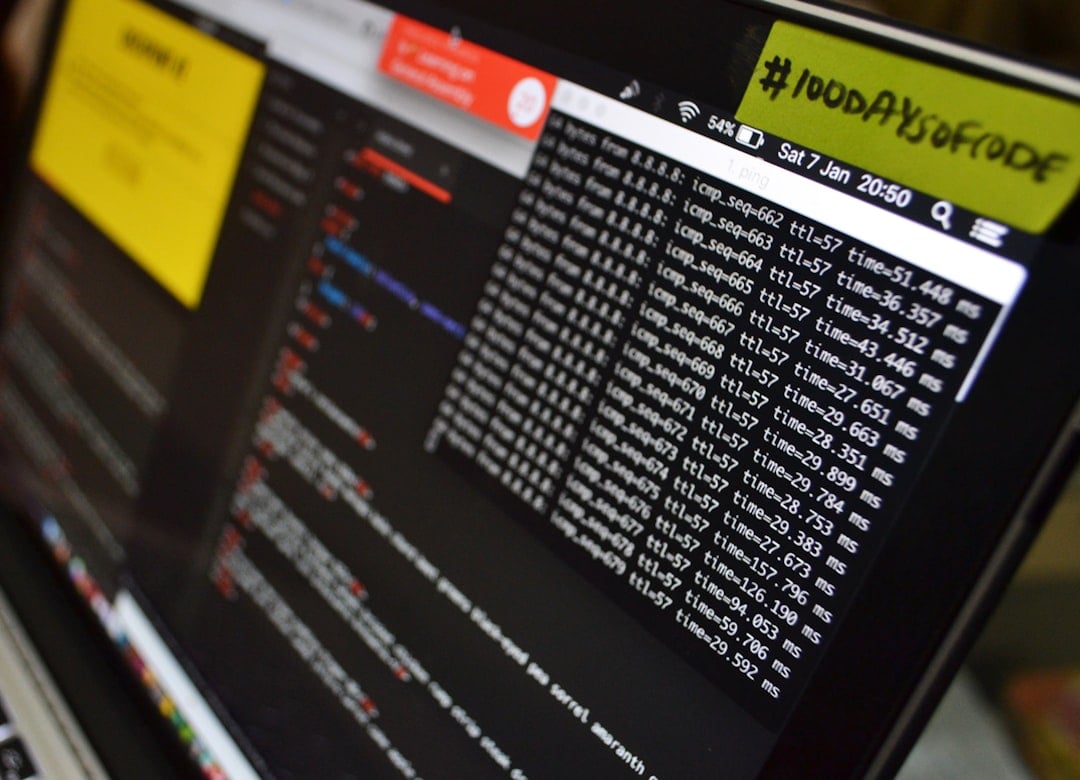editorially independent. We may make money when you click on links
to our partners.
Learn More
A newly disclosed vulnerability in Ubuntu’s Linux kernel has exposed systems to potential privilege escalation and full root compromise.
The flaw, revealed during the TyphoonPWN 2025 security event, affects Ubuntu 24.04.2 running kernel version 6.8.0-60-generic and demonstrates the continuing risks tied to kernel patch management across Linux distributions.
Small patch gaps, big security risks
Privilege escalation vulnerabilities are a critical threat in enterprise environments.
When a local attacker or compromised process gains root access, it can seize full control of the host — bypassing isolation between containers, workloads, and users.
Ubuntu’s vulnerability shows how small inconsistencies in kernel patching can create system-wide exposure, particularly in environments where kernel updates lag behind upstream fixes.
Ubuntu’s kernel was derived from version 6.8.12 but included only partial patches from the upstream Linux maintainers.
The distribution incorporated changes to the af_unix.c file but omitted corresponding updates to garbage.c, leaving a mismatch that destabilized the subsystem’s reference counting.
This inconsistency caused the kernel to free memory structures prematurely — specifically the 256-byte sk_buff objects that manage socket buffers — resulting in a use-after-free (UAF) condition.
How the attack works
In Ubuntu’s implementation, the missing upstream fix means that the oob_skb pointer loses one reference at allocation but still decrements twice — once during garbage collection and once on socket release.
This leads to freed memory being accessed again, which researchers weaponized to achieve kernel-level control.
The proof-of-concept exploit demonstrated at TyphoonPWN manipulates the timing between garbage collection and socket release to separate the “free” and “use” phases reliably.
Attackers trigger garbage collection after closing a socket by inflating the number of active UNIX domain sockets beyond 16,000, forcing the kernel to schedule cleanup operations.
To stabilize the race, the exploit uses a FUSE-based pause that blocks a kernel thread, extending the window for controlled memory reuse.
The attacker then sprays the freed slab with crafted pg_vec structures using packet sockets.
When the reused buffer executes, it calls a hijacked destructor function, giving the attacker control over the instruction pointer.
Further stages of the exploit bypass Kernel Address Space Layout Randomization (KASLR) using a variant of the EntryBleed side-channel attack, then use a Return-Oriented Programming (ROP) chain to overwrite the modprobe_path variable — executing a custom script that grants root privileges.
Earlier in 2025, Ubuntu released a security notice (USN-7289-1) that outlined additional vulnerabilities in kernel components such as the GPU, Netlink, and network drivers.
Several of these allow local privilege escalation or denial-of-service (DoS), demonstrating how diverse kernel subsystems remain susceptible to small logic errors.
Reducing risk from Kernel-level threats
To reduce exposure from kernel-level vulnerabilities, organizations can take the following steps:
- Apply Canonical’s kernel patches immediately and verify post-reboot to ensure the updated version is active across all systems and container images.
- Harden kernel and module security by enabling Secure Boot, using kernel lockdown mode, and restricting write or load permissions to trusted administrators only.
- Limit the attack surface by disabling unused kernel modules, isolating high-risk workloads, and enforcing AppArmor or SELinux policies for process containment.
- Implement continuous monitoring through kernel auditing, EDR solutions, and log alerts for unusual socket activity, privilege escalation attempts, or module loads.
- Establish disciplined patch and test cycles with staged kernel rollouts, rollback plans, and policies to shorten patch deployment time across Linux fleets.
- Verify system integrity and maintain visibility using file integrity monitoring tools and security baselines.
Implementing these measures helps address the Ubuntu kernel flaw while reinforcing overall cyber resilience.
Kernel vulnerabilities like this expose the ongoing challenge of securing open-source infrastructure. As exploit development becomes faster through automation and AI, consistent updates and layered defenses remain essential.


